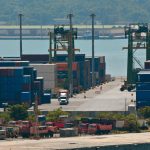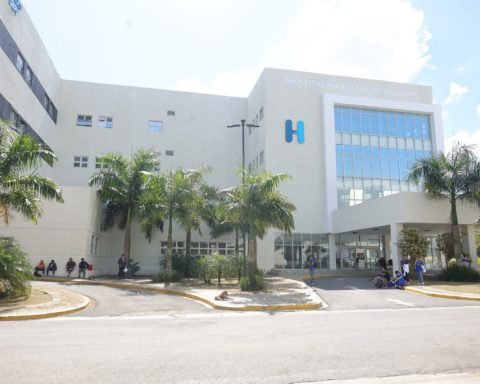Mexican authorities found this Thursday, May 19, the body of Nicaraguan Kevin Kenneth Blass Cardoza, 27, who perished in the dangerous waters of the Rio Grande, better known as “Rio Bravo.” Previously, the young man had been reported missing while trying to cross the border area between Mexico and the United States.
The Texas Nicaraguan Community Organization, through the social network Facebook, reported that the Mexican Public Ministry recovered Blass’s body in the morning hours of this Thursday. He also indicated that they managed to communicate with the Nicaraguan’s family so that they recognized his relative.
“Today at 10 in the morning information is received from the Public Ministry of the recovery of a body in the Rio Grande, (of) Nicaraguan nationality. He carried an identity card 001-121295-0056R in the name of Kevin Kenneth Blas Cardoza,” the agency detailed.
Related news: Nicaraguan dies in the Rio Grande, his daughter is missing
Previously, the Mexican media had reported that Kevin Blass Cardoza had disappeared since Monday, May 16, while trying to cross the waters of the Rio Grande in search of the American dream.
Radio Ya, an official station, assured that the Nicaraguan left a two-year-old orphan and revealed that since December 2021, his wife had lived in the United States.
In less than 24 hours, Kevin Blass Cardoza is the second Nicaraguan reported as deceased while trying to cross the border between Mexico and the United States. The same organization Texas Nicaraguan Community said that a 25-year-old Nicaraguan woman identified as Irma Yaritza Huete Iglesias, also died in the waters of the Rio Grande. Huete was traveling with her four-year-old daughter whose whereabouts she does not know.
Huete Iglesia was originally from the municipality of Quilalí, department of Nueva Segovia; and she was born on September 12, 1996. “We have already contacted the family. Her father spoke to the NGO to collaborate with the recognition of the body », wrote the NGO.
About twenty Nicaraguans have died in the waters of the Rio Grande in recent months. Most flee the country due to the precarious economic situation, government repression or the search for the “American dream”.

















